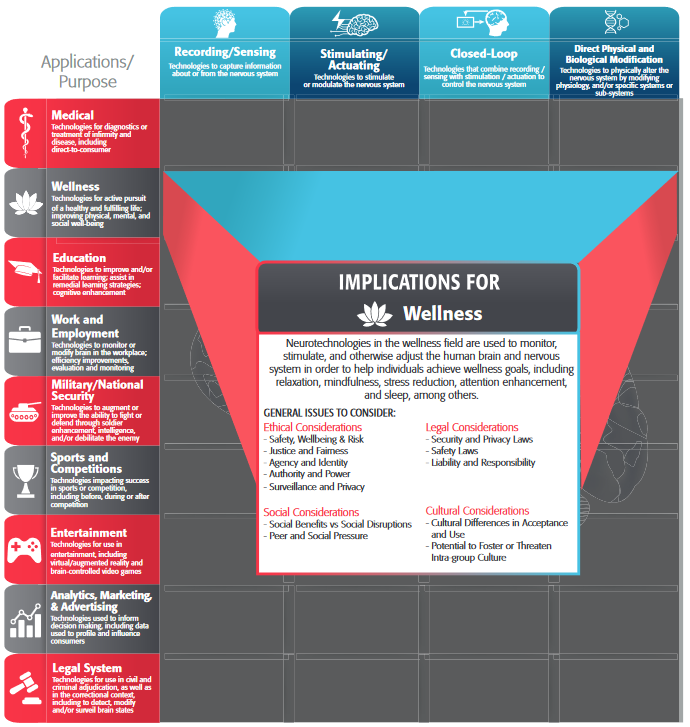The IEEE Brain Initiative is sponsoring several challenges and competitions in 2017 to explore various brain/neuro datasets. The first IEEE Brain Data Bank (BDB) Challenge was held in June at St. Petersburg, as part of the IEEE SPCN 2017 Symposium. Another challenge was held in Glasgow, Scotland, October 31, during the IEEE SENSORS Conference.
You are cordially invited to participate in the Boston competition and to exercise your curiosity and creativity to make sense out of the chosen datasets (see below for access).
Information
SLACK CHANNEL: Please join this channel for answers to FAQs and to post additional comments or questions.
Pre-Event Webinar
A webinar had been scheduled for Tuesday, November 21, 3:30 Eastern Time.
Slides and the webinar recording are available for download under “Documentation” on the IEEE Dataport competition page.
Location
Charles River Analytics
625 Mt. Auburn St.
Cambridge, MA, USA
Please bring a form of ID (e.g., license) for entrance. If you are not a U.S. citizen, you must bring your passport.
Date and Time
Final presentation and judging will take place December 9th, 2017, from 9:45 AM to 4 PM. Tentative agenda available here.
Organizers
- Seth Elkin-Frankston, Charles River Analytics
- Sam Michalka, Olin College
- Wasim Q. Malik, Harvard/MIT
If you have questions, please contact bdb-boston@ieee.org.
Purpose
The aim of the competition is to bring a diverse group of individuals of varying backgrounds and experience together to analyze, visualize, and evaluate complex datasets. Competitors will have access to a multi-modal dataset that will challenge individuals with varying backgrounds in data science, computer science, biology, or neuroscience. Results will be evaluated on analytic approach, visualization, and final presentation and interpretation.
Background
Datasets are provided by the University of Illinois at Urbana–Champaign and were collected as part of a broader intervention-based study designed to test the effects of efficacy of interventions designed to enhance fluid intelligence. This study was one of several funded as part of the Strengthening Human Adaptive Reasoning and Problem-solving (SHARP) program at the Intelligence Advanced Research Projects Activity (IARPA). This specific intervention involved 48 training sessions of an adaptive visuo-spatial and change detection task. We provide both behavioral measures and neuroimaging data at pre- and post-intervention time points. We also provide summary and session-level descriptions of the training data collected during the intervention.
Challenge Questions
The goal of this challenge is to encourage thoughtful investigation and discussion around enhancement of human intelligence and strategies for rigorous investigation of these topics. Entries will be judged in three categories: data analysis, data visualization, and presentation and interpretation of findings.
Participants can investigate any question(s) about the data that they wish. The following guiding questions are provided as a jumping off point:
- Can intervention training predict changes in pre- and post-intervention performance?
- How do measures of brain connectivity and structure relate to performance in intervention training?
- How do measures of brain connectivity and structure relate to pre- and post-intervention performance?
- How well can we predict post-intervention performance? Beyond pre-intervention performance, what factors serve as the best predictors?
- Do performance changes on the two training intervention tasks differ? How do they each relate to changes in pre- and post-intervention performance and/or imaging data?
Data
Data is hosted by the IEEE Dataport. To access IEEE Dataport, you need to have an IEEE account. You do not need to be an IEEE member to create an IEEE account, and you can use your own email address to create an account and password. Click here to sign up for an IEEE account.
The full dataset is 11.29GB. The dataset can be downloaded in full, or in more manageable chunks separated as:
- Behavioral and analyzed fMRI/DTI data
- Structural T1 images
- Raw resting-state fMRI data (divided in 5 file groups)
- Raw DTI data
Please note that access from IEEE DataPort will be granted after you have completed an access request.
Presentation
We recommend no more than 5 slides for your presentation. Please expect to have 5 minutes for your presentation and you will have an additional 5 minutes for judges to ask you questions.
We will accept recorded presentations if you are not able to attend. Please send your recording to me. However, please note that we are not set up for remote participation. We will play your presentation to the judges, but they will not have an opportunity to ask you questions.
Judging
Entries will be judged in three categories:
- Data analysis including well-justified, innovative, and rigorous methodologies
- Data visualization including novel, highly informative, and aesthetically appealing visualization techniques
- Presentation and interpretation of findings including clear, informative delivery and compelling investigation and interpretation
Awards
There will be 3 awards given:
1st place – $800.00
2nd place – $500.00
3rd place – $200.00
They will be judged based on the 3 categories described above: data analysis, data visualization, presentation and interpretation of findings.


